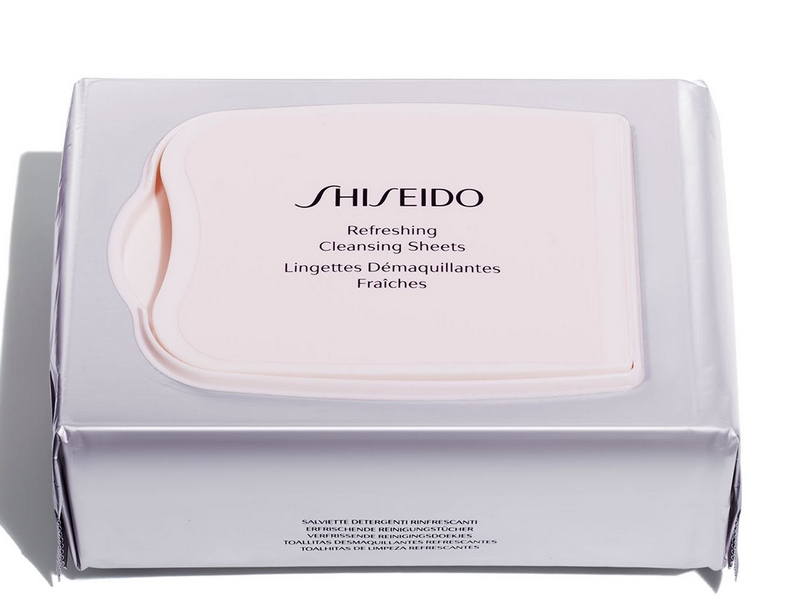I find myself in the hitherto unprecedented position of agreeing with Michael Gove and, even less plausibly, on the matter of skincare. The environment secretary wants to ban single-use plastic polyester wipes, legislation I would welcome not only because stupid people keep flushing them down the loo, causing enormous wipebergs to form in our sewers, but also because I’m optimistic it will kick toiletries manufacturers right in the profits, forcing them to offer compostable alternatives.
Biodegradable wipes are entirely feasible if you’re prepared to decrease your bottom line – some brands made the effort long ago. Yes To make several varieties of compostable face wipes, from natural tomato (for spotty types) to juicy cucumber (refreshing in hot weather). My favourites are their delicious-smelling Yes To Coconut Cleansing Wipes (£3.99 for 30), which manage to shift almost all makeup with neither too much rubbing nor too many cloths (two should do a full face). Even better are Klorane Soothing Makeup Removal Wipes With Cornflower (£7.50 for 25): pure cotton cloths drenched in Klorane’s exceedingly gentle makeup-removing liquid that shift all but the kitchen sink without sting (making them suitable for contact-lens wearers).
Teenagers are among Britain’s most prolific wipe users, and young people are most likely to benefit from the naturally antimicrobial effect of tea tree oil; this makes the Body Shop’s Tea Tree Skin Clearing Facial Wipes (£6 for 25) a sensible choice for festivals and overnight bags (there’s also a vitamin E version more suited to mature skins).
But even these biodegradable wipes are much less effective than a proper cleanser and washable cotton flannel. They’re very useful in extremis, when clean running water is either not readily available (camping holidays or when on the move) or inaccessible (when you’re staying in hospital or have mobility difficulties). For the rest of us, single-use biodegradable wipes are justifiable only if they’re composted rather than flushed out of sight, out of mind, off to clog sewers, pollute oceans and choke birds and marine life. So always first ask yourself: just how badly do you need to avoid a trip to the sink?
guardian.co.uk © Guardian News & Media Limited 2010
Published via the Guardian News Feed plugin for WordPress.


